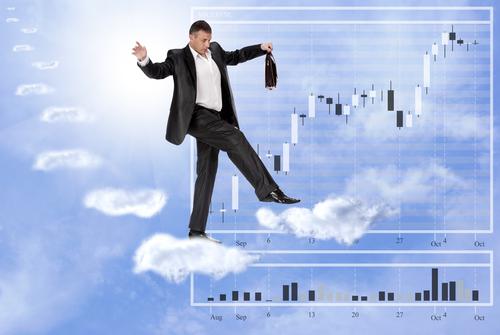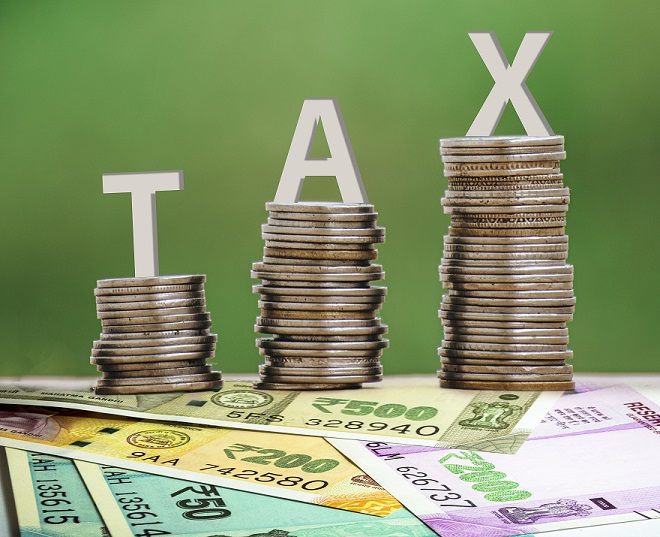
In a recent blog, Gita Gopinath, the chief economist of IMF, described the present situation as ‘profoundly uncertain.’ That’s a true description of the present reality. Nobody has a clue about the consequences of the Covid-19 pandemic. When will the virus be contained? Will there be a second wave? When will we get a vaccine? What will be the impact on the global economy? When can we expect economic recovery? No one has clear answers to these questions.
The global economy will contract hugely this year, thanks to the Great Lockdown. Corporate profits will take a big hit. Anticipating this markets, globally, crashed in end March. But after that, when country after country went into lockdown, markets surged. The mother market, the US, started surging taking even the market gurus by surprise. Nasdaq reached record levels. Clinging to the coattails of the mother markets, the rest of the world followed. In India, Nifty recovered almost 40percent from the March lows. The simple explanation of this paradox of “a bull market in a bad recession” is that this is a liquidity driven bull market divorced from fundamentals. It’s a case of liquidity trumping fundamentals. But then, we have to respect liquidity. Market is supreme.
Benjamin Graham’s famous words are relevant in the present context. Graham said, “in the short run the market is a voting machine, in the long run it is a weighing machine”. Now we are experiencing the voting machine at work. How is the weighing machine likely to perform in the medium to long run? The answer is: we don’t know. It is profoundly uncertain.
To add to the uncertainty created by the pandemic we now have the India-China tensions at the border. Consensus is that it will not aggravate into a major conflict. It appears that liquidity is helping the market to climb this wall of worry too.
Following the Global Financial Crisis and the Great Recessionthe leading central banks created huge liquidity and part of this money went into stocks that pushed stock indices to record levels. S&P 500 rose from 756 on 13th March 2009 to 3386 by 19th February 2020, and is presently above 3100 in this Covid struck world.History is repeating!
So how should investors respond? Since uncertainty is reigning supreme, it is better to be cautious. If the number of infections and mortality accelerates, the consequences can be bad. Even otherwise, there will be large-scale business bankruptcies straining the banking and financial system. An inevitable consequence of this crisis will be the strong and big companies becoming stronger and bigger. The market leaders will increase their market share paving the way for increased profitability. So, on top of investors’ portfolio should be proven bluechips with strong balance sheets, particularly in segments that have not been impacted by the destruction in demand. Investment in mid and small-cap segments may be done through the mutual fund route.
Stay with quality; stay safe!










